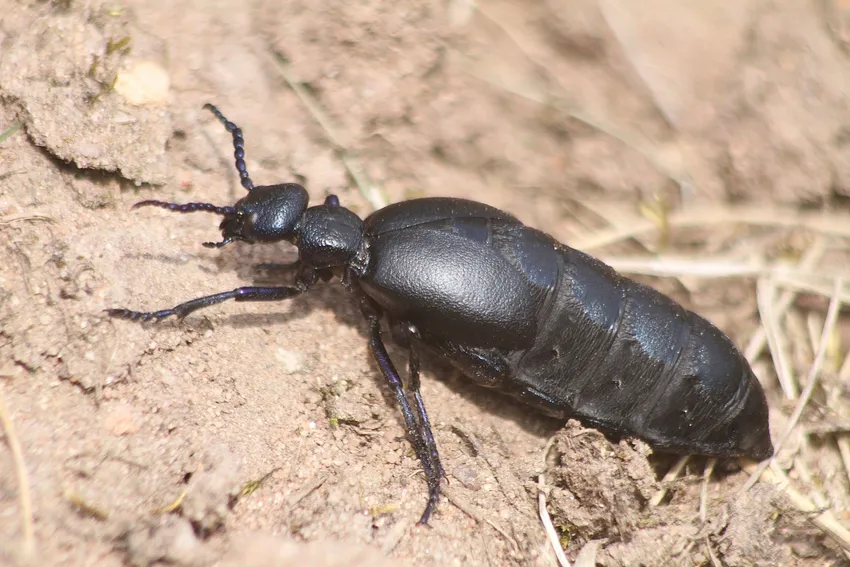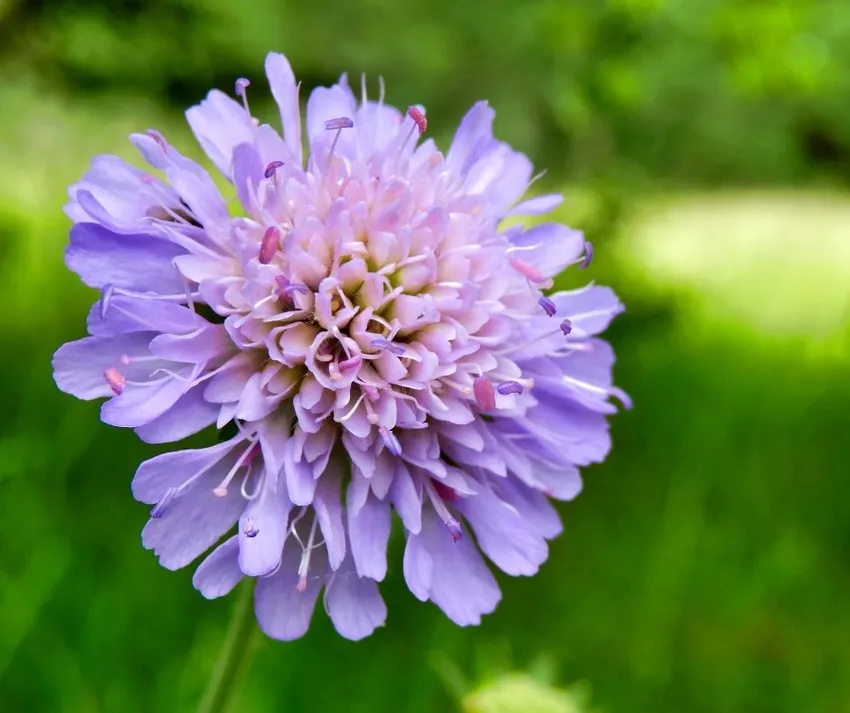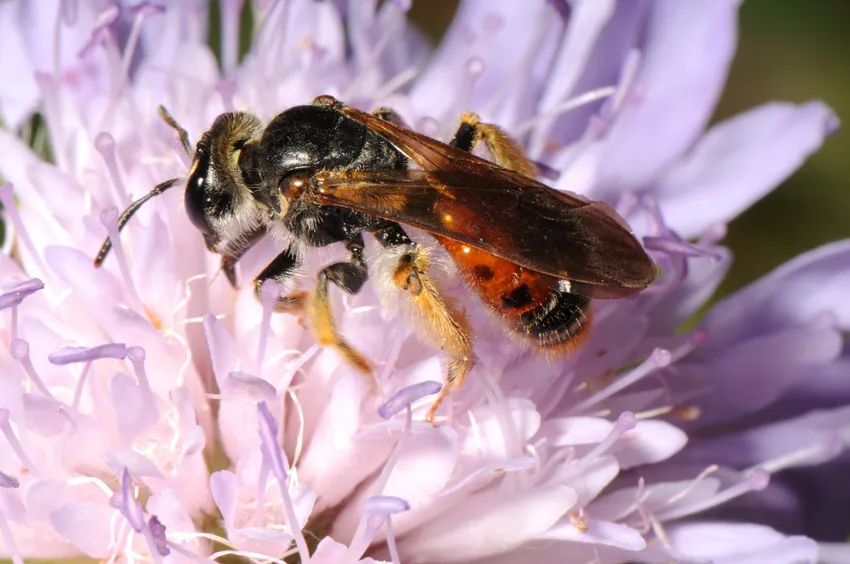This campaign has now closed
The extraordinary oil beetle urgently needs help. The intricate connection between wild bees and oil beetles means they rely on wild bees to survive. To conserve both bee and beetles we will create specialist habitats with short tussocky lawns and ensure the presence of suitable wildflower species.
Categories
Beneficiaries
Situation
Many species, especially insects, are under threat due to increasingly low biodiversity in the UK. Three species of oil beetle have already become extinct. The remaining 5 species are declining. Oil Beetles are reliant on an intricate, cyclical relationship between habitat and other species. To lose one element in that cycle can be catastrophic. Wild bees are key species, and oil beetles rely on them to survive. Insufficient suitable habitat results in declines that threaten their survival.
Solution
Wildflower lawns with associated tussock grassland nearby are favoured by oil beetles and solitary bees alike. These can be recreated through a combination of grazing and cutting. Wildflowers such as Field Scabious can be plug planted to attract solitary bees (large scabious mining bee). This will increase oil beetles’ chance of successful breeding. Volunteer engagement, training and monitoring will increase awareness and our ability to records and manage these sites for these species.


